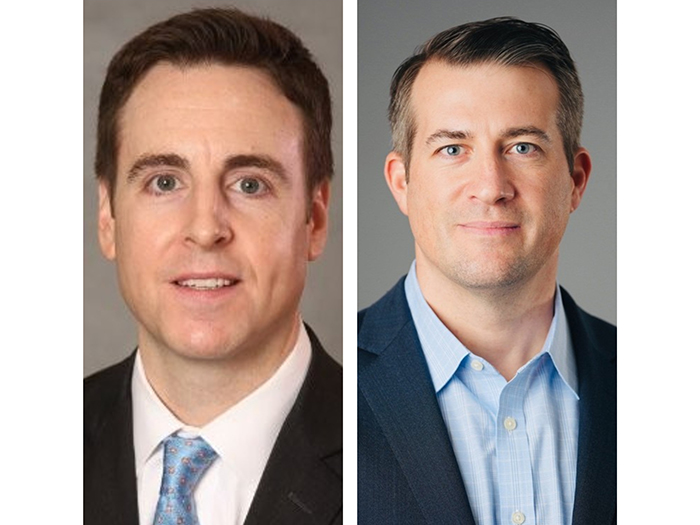Risk Insider: Jeff Driver
Can ‘Ebola-mania’ Give Way to a National Reset?
Ebola is not a new contagion and it is one for which the United States has been preparing for since at least post-9/11 heightened bioterrorism concerns.
While some may be critical of the care provided to the first patient with Ebola in Dallas, as well as resulting communication issues involving hospital and medical officials, clearly all involved intended to do their very best under uniquely stressful conditions that rarely any American hospital had faced before.
In what will surely be a repeating pattern in the near-term, American hospitals, clinics and doctors, as well as employers and other entities will continue to periodically encounter individuals that have acquired the Ebola virus and require treatment. The country will also have periods where there may be no known cases.
As of Nov. 11, and for the first time in 41 days since the initial U.S. patients, there were no known cases of Ebola in the U.S. That was short-lived as within days thereafter a surgeon who had contracted the Ebola virus in West Africa was transferred to the United States for treatment, but unfortunately the patient died.
I believe we should attempt a national “reset” to manage this public health issue in America — based on science and evidence.
In order to do so, it is important to understand the causative factors leading to the arguably explicable initial national panic surrounding Ebola. In the early moments of a risk crisis, leaders get limited chances to establish credibility and trust. The populace and media want to know the risk is understood and under control.
Early slips in Dallas failed this test, as I mention in my first article on this subject.
While some may feel on edge with regard to changing CDC guidance, in fact, the CDC is adjusting to new information and changing their guidelines appropriately; not dissimilar to how managers of risk adjust to any hazard exposure.
As managers of risk, we should be assessing the risks Ebola presents.
Ebola is really no different than other significant risks (e.g., terrorism post-9/11, Y2K, swine flu, grounding of certain airplanes).
There is a common pattern that moves from initial organic obsession to an easing, understanding, and respect of the risk that becomes balanced with other important considerations such as civil liberties, promoting international health, and maintaining world economic balance, for examples in the context of contagion risks.
For the emerging risk of Ebola in America, we are at a pivotal point to learn from the recent past and venture forward with the best of science and evidence-based risk management.
Will America press the reset? As risk managers, we stand in an influential position within our organizations to utilize the proven methods and tools of managing enterprise risks, including contagion risk.
As such, risk managers are in a unique position to lead with others; to reset the response to the Ebola virus in our unique national microcosm and move to a balanced American view appropriately and respectfully managing our interests while simultaneously attending to world health risk issues, especially in West Africa.
Read all of Jeff Driver’s Risk Insider articles.










